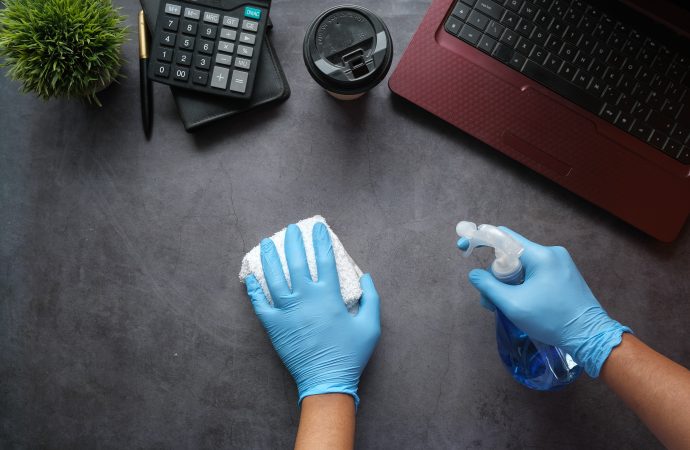Are you tired of falling sick frequently or getting infected by contagious diseases? Well, you’re not alone! The good news is that practicing personal hygiene can help prevent the spread of disease and keep you healthy. In this blog post, we will delve into the crucial role of personal hygiene in preventing illnesses and provide
Are you tired of falling sick frequently or getting infected by contagious diseases? Well, you’re not alone! The good news is that practicing personal hygiene can help prevent the spread of disease and keep you healthy. In this blog post, we will delve into the crucial role of personal hygiene in preventing illnesses and provide some practical tips on how to maintain a high level of cleanliness. So get ready to learn about the benefits of washing your hands regularly, taking showers daily, wearing clean clothes, and more – all in your quest for better health!
What is personal hygiene?
Personal hygiene plays an important role in disease prevention. By keeping your hands and body clean, you can help prevent the spread of germs that cause illness. Good personal hygiene habits include:
-Washing your hands often with soap and water, especially before eating and after using the bathroom
-Showering or bathing regularly
-Brushing your teeth twice a day
-Wearing clean clothes
-Avoiding close contact with people who are sick
The importance of personal hygiene in disease prevention
It is important to practice good personal hygiene habits to help prevent the spread of disease. This means keeping your hands, skin, hair, and nails clean and free of germs. It also means avoiding close contact with people who are sick and washing your clothes often.
You can help prevent the spread of disease by:
Washing your hands regularly and thoroughly with soap and water, especially before eating, after using the restroom, and after being in contact with someone who is sick
Avoiding touching your eyes, nose, or mouth with unclean hands
Showering or bathing daily
Brushing your teeth twice a day with fluoride toothpaste
Wearing clean clothes that are washed often
Common diseases caused by poor personal hygiene
Poor personal hygiene can lead to a number of different diseases. Some of the most common diseases caused by poor personal hygiene include:
-Athlete’s foot: Athlete’s foot is a fungal infection that commonly affects the feet. It can be Spread through direct contact with contaminated surfaces, or by sharing contaminated items like towels or shoes. Athlete’s foot can often be prevented by keeping the feet clean and dry.
-Ringworm: Ringworm is a fungal infection that can affect the skin, scalp, or nails. It is spread through direct contact with contaminated surfaces or infected people. Ringworm can often be prevented by keeping the skin clean and dry.
-Staphylococcus infections: Staphylococcus bacteria are commonly found on the skin and in the nose. They usually don’t cause any harm, but can cause infections if they get into cuts or open wounds. Staphylococcus infections can often be prevented by keeping the skin clean and covered wounds protected.
-Salmonella: Salmonella is a type of bacteria that can cause food poisoning. It is often found in raw meat, poultry, eggs, and dairy products. Salmonella infections can often be prevented by cooking food properly and avoiding cross contamination.
How to improve personal hygiene
It’s no secret that practicing good personal hygiene is important for overall health and well-being. But did you know that personal hygiene also plays a key role in disease prevention?
The Centers for Disease Control and Prevention (CDC) recommends that people take steps to clean their bodies and clothes, as well as their living and work spaces, to prevent the spread of disease.
Here are some specific tips on how to improve personal hygiene and prevent the spread of disease:
Wash your hands often with soap and water, especially after using the restroom, before eating, and after coming into contact with someone who is sick.
If soap and water are not available, use an alcohol-based hand sanitizer.
Avoid touching your eyes, nose, or mouth with unwashed hands.
Cover your mouth and nose with a tissue when you sneeze or cough, then dispose of the tissue in the trash. If a tissue is not available, sneeze or cough into your sleeve or elbow, not your hands.
Clean surfaces that are frequently touched (doorknobs, light switches, countertops) with a household cleaning spray or wipe.
Conclusion
In conclusion, personal hygiene plays a vital role in disease prevention. Good hygiene habits such as washing your hands regularly and properly brushing your teeth are essential for promoting good health and preventing the spread of germs. It is important to practice personal hygiene on a daily basis to maintain optimal health and wellness.





















Leave a Comment
Your email address will not be published. Required fields are marked with *